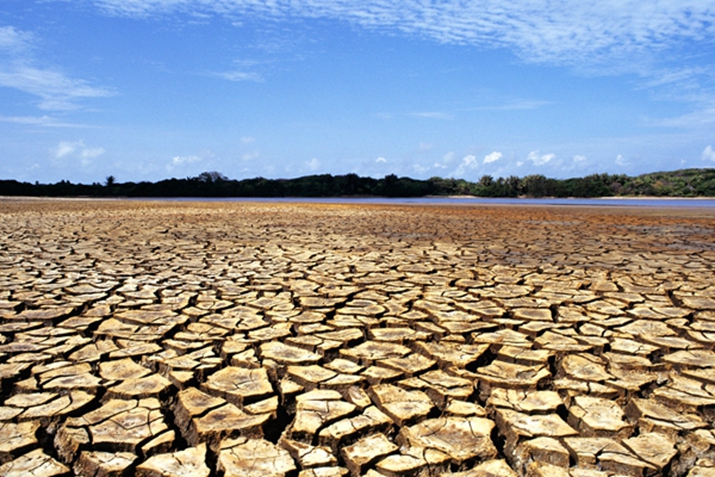|
||||||||||
| Home Nation World Business Opinion Lifestyle ChinAfrica Multimedia Columnists Documents Special Reports |
|
||||||||||
| Home Nation World Business Opinion Lifestyle ChinAfrica Multimedia Columnists Documents Special Reports |
| ChinAfrica |
| WWF's report reveals 2/3 decline in wildlife populations on average since 1970 |
| Global populations of mammals, birds, amphibians, reptiles and fish have suffered an average two-thirds decline in less than half a century due in large part to the very same environmental destruction which is contributing to the emergence of zoonotic diseases such as COVID-19 |
| China.org.cn ·2020-09-10 |

Global populations of mammals, birds, amphibians, reptiles and fish have suffered an average two-thirds decline in less than half a century due in large part to the very same environmental destruction which is contributing to the emergence of zoonotic diseases such as COVID-19, according to the WWF's Living Planet Report 2020 released on September 10.
The Living Planet Index (LPI), provided by the Zoological Society of London (ZSL), shows that factors believed to increase the planet's vulnerability to pandemics—including land-use change and the use and trade of wildlife—were also some of the drivers behind the 68% average decline in global vertebrate species populations between 1970 and 2016.
The LPI, which tracked almost 21,000 populations of more than 4,000 vertebrate species between 1970 and 2016, also shows that wildlife populations found in freshwater habitats have suffered a decline of 84%—the starkest average population decline in any biome, equivalent to 4% per year since 1970.
"The Living Planet Report 2020 underlines how humanity's increasing destruction of nature is having catastrophic impacts not only on wildlife populations but also on human health and all aspects of our lives," said Marco Lambertini, director general of the WWF International.
He added: "In the midst of a global pandemic, it is now more important than ever to take unprecedented and coordinated global action to halt and reverse the loss of biodiversity and wildlife populations across the globe by the end of the decade, and protect our future health and livelihoods."
The Living Planet Report 2020 presents a comprehensive overview of the state of our natural world through the LPI, which tracks trends in global wildlife abundance, and contributions from more than 125 experts from around the world. It shows that the main cause of the dramatic decline in species populations on land observed in the LPI is habitat loss and degradation, including deforestation, driven by how we as humanity produce food.
"The LPI is one of the most comprehensive measures of global biodiversity," said Dr Andrew Terry, ZSL's director of Conservation. "An average decline of 68% in the past 50 years is catastrophic, and clear evidence of the damage human activity is doing to the natural world. If nothing changes, populations will continue to fall, driving wildlife to extinction and threatening the integrity of the ecosystems on which we all depend. But we also know that conservation works and species can be brought back from the brink. These trends can be reversed."
"The report, a biennial medical examination report of the earth, reaffirms the fact that nature is being destroyed and deeply analyzes the driving forces of the nature loss. Our food, livelihoods, health and future will inevitably be affected if we kept ignoring the warning signals from nature," said Zhou Fei, chief program officer of WWF China. "WWF China is going to launch Living Yangtze Report 2020 later this September. It will provide a systematic and objective diagnostic report on the health of the Yangtze River, find the roots of the problems, and identify the key strategies to facilitate a Living Yangtze River. This work is our contribution to the protection of Yangtze, and lessons learned from the efforts can be shared globally to promote more comprehensive and integrated water basin management of great rivers around the world. "| About Us | Contact Us | Advertise with Us | Subscribe |
| Copyright Beijing Review All rights reserved 京ICP备08005356号-5 京公网安备110102005860号 |